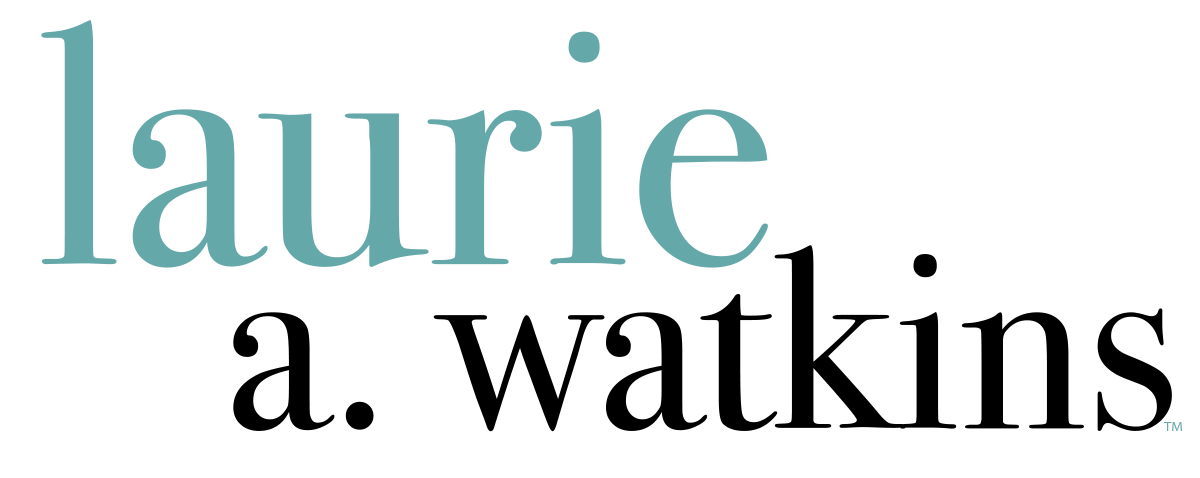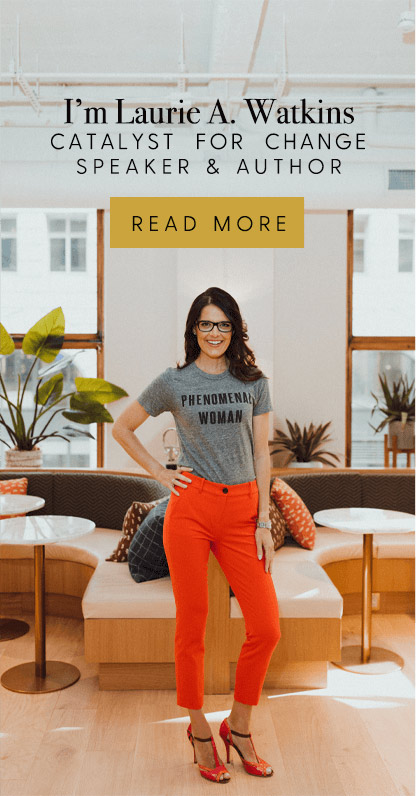There once was a time when sleep was solely determined by the sun. People would work in the fields during the day, and the day would end when the sun went down, and they would sleep. Today however, we have blackout curtains, screens, artificial lights, and caffeine to trick our bodies into more or less sleep.
If you have ever spent a night tossing and turning, then you know how you feel the next day – tired, cranky, grumpy, groggy, and generally off. However, missing out on your recommended hours of shut eye each night can do more than just make you feel bad. There are plenty of short-term and long-term effects of sleep deprivation that impact your physical and mental health, as well as your productivity and therefore, your career.
Your body needs sleep. As much as we need to eat to nourish our bodies and we need to breathe to get oxygen, we just need sleep. Even those who claim they can get by on little sleep are likely doing something to make their body go into overdrive to stay awake. Think about the doctors and nurses working in the Emergency Rooms during this pandemic: they may be running around going from room to room literally saving lives. That adrenaline rush can keep them going for hours. But, when they finally get a break, it’s likely easy for them to fall asleep.
Most people need 7 to 9 hours of sleep a night to feel rested. Unfortunately, the number of people getting less than 7 hours of sleep a night in the United Sates is more than 50% according to the National Sleep Foundation.
A recent survey of Inc. 500 CEOs found that half of them are sleeping less than 6 hours a night. And the problem doesn’t stop at the top. According to the Centers for Disease Control and Prevention, a third of U.S. workers get less than 6 hours of sleep each night, and sleep deprivation costs U.S. businesses more than $63 billion annually in lost productivity.
Sleep deprivation is defined as consistent lack of sleep or reduced quality of sleep. Getting less than 7 hours of sleep can lead to consequences that effect your whole body. Sleep can help your body heal, balance, and increase memory amongst other benefits.
Our central nervous system is essentially the information system of our bodies. When we don’t get enough sleep, it makes it challenging to remember new things we’ve learned, make us underperform, decrease the ability to concentrate, and increase propensity for accidents.
If we are struggling to remember things and underperforming, what is that doing to our work? We need the central nervous system to be functioning at top notch to do well in our careers. The only real way to give it the care it needs is to sleep.
According to the Division of Sleep Medicine at the Harvard Medical School, the short-term productivity gains from skipping sleep to work are quickly washed away by the detrimental effects of sleep deprivation on your mood, ability to focus, and access to higher-level brain functions for days to come. The negative effects of sleep deprivation are so great that people who are drunk outperform those lacking sleep.
Sleep deprivation also impacts our emotional and mental well-being. It can lead to an increase in mood swings, impulsive decision making, depression, anxiety, paranoia, and in extreme cases, even suicidal thoughts.
We have all been sick before, and usually sleep is recommended to help feel better. This is also an incredibly important factor of sleep and quality sleep. Getting more sleep, and quality sleep, can help fight off and even prevent illnesses. Our immune systems get a boost when we sleep, which help us not get sicknesses like colds and viruses. Longer term sleep deprivation can also lead to more chronic illnesses like diabetes, obesity, and even heart disease or strokes.
There are countless studies out there that prove people who get enough sleep live longer, healthier lives.
As someone who used to be so focused on the “go go go” and suffer from a true lack of sleep, I have come up with some tips to help. Some ways to help avoid sleep deprivation include:
- Limit caffeine and drink it earlier in the day
- Practice sleep hygiene – go to bed at the same time each night
- Avoid sleeping pills, even over the counter ones (unless you have a diagnosed sleep disorder, of course)
- Don’t use screens before bed
- Wake up at the same time each day
- Stick to your sleep pattern on the weekend and holidays
- Exercise
- Do a relaxing activity before bed: read, meditate, take a bath or shower
- Eat heavier meals earlier in the day
- Reduce or eliminate alcohol
If all of these are impossible, or aren’t working for you, there’s also the option to nap. Just like nighttime sleep, finding your “sweet spot” for nap duration and frequency is important. You’re usually better off taking a quick afternoon nap (or even rest) than reaching for another cup of coffee. Caffeine can linger in our systems which will impact your evening sleep. Enjoying a few minutes of shut eye in the afternoon won’t usually mess with your evening sleep, and certainly won’t mess with your sleep as much as caffeine will.
So, next time you use or hear the phrase “I’ll sleep when I’m dead,” really think about that. Because lack of sleep can truly be contributing to killing people’s mental and physical health as well as their careers, lack of sleep should no longer be a badge of honor. We should stop glorifying the burnout and unhealthy choices we make; instead, we should celebrate taking care of ourselves by getting adequate sleep, eating well, setting boundaries, and working out.
How are your sleep habits? Do you plan to make any changes in the near future to help your health or career? Here’s one fun challenge I’ll leave you with: try going to bed 30 minutes earlier each night for a week. See how you feel. I’d love to hear from you in the comments here on the blog or on my social media.






